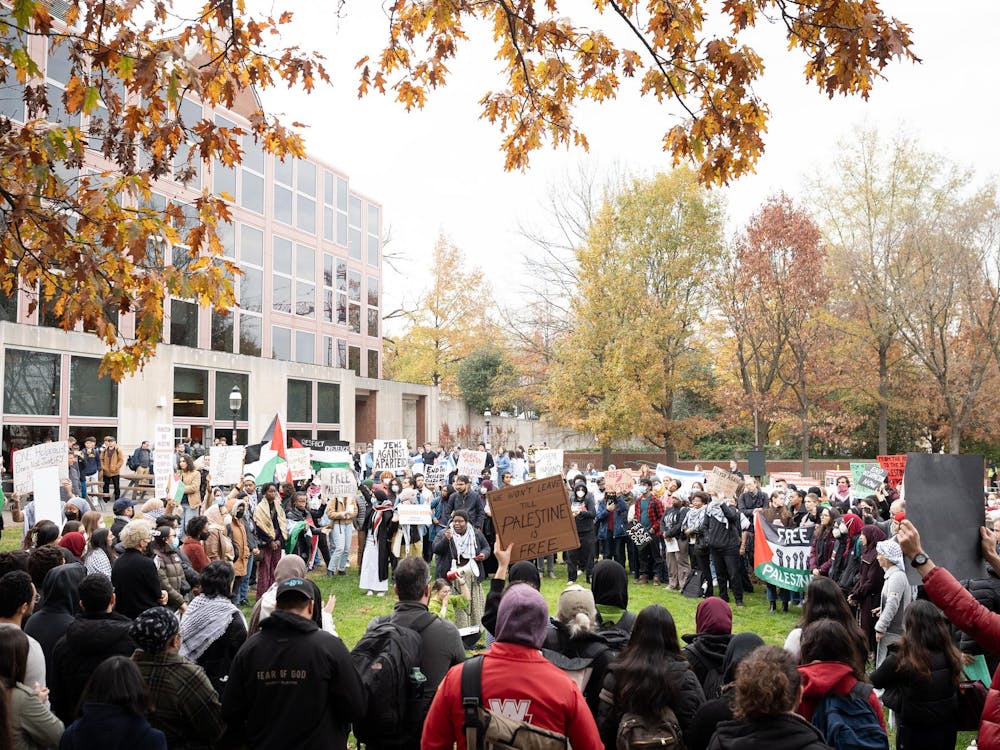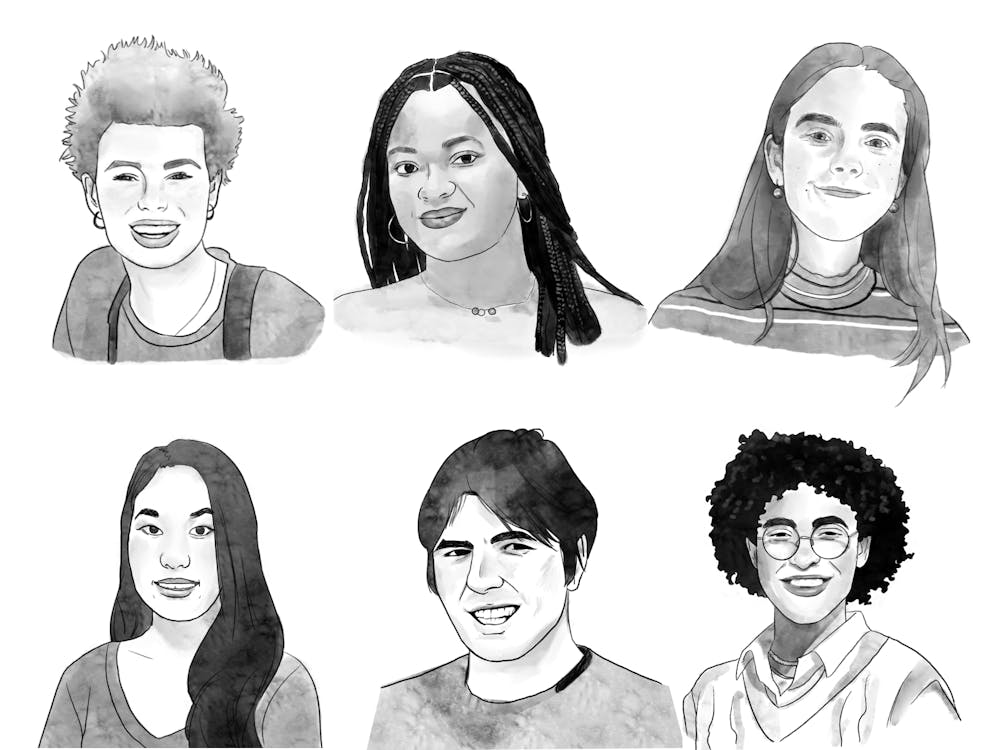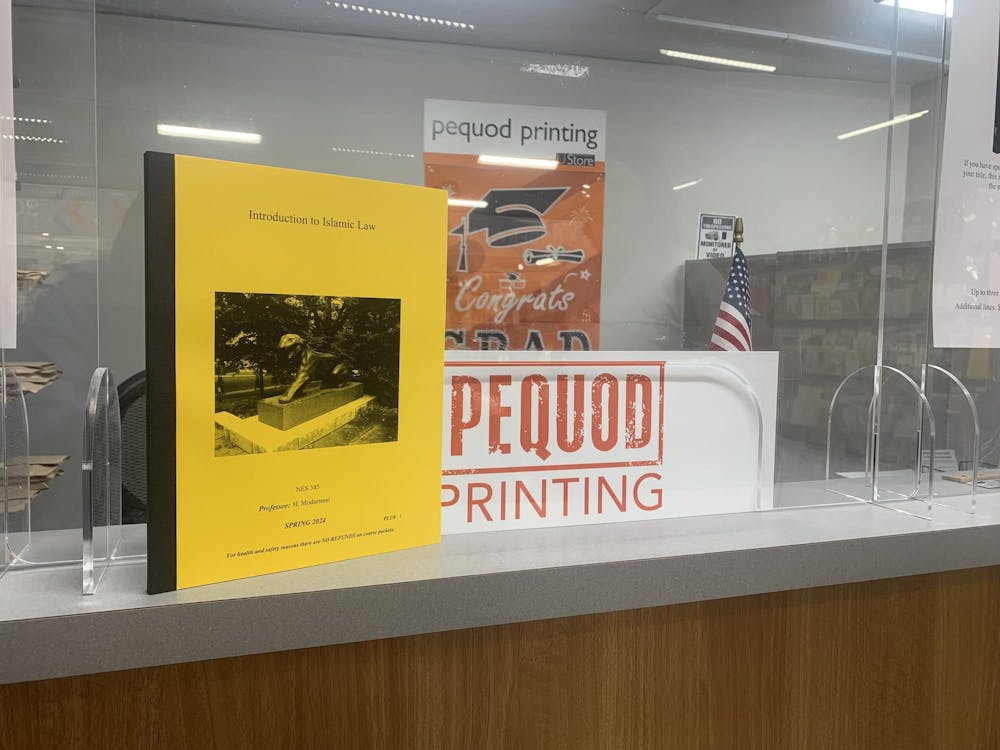Choosing to study abroad in Barcelona was one of the best decisions I could have made while at Princeton and for a number of different reasons. One, I was able to gain a greater sense of self-confidence and autonomy as I navigated a new city. Being able to take a respite from the unending hustle and bustle of Princeton had many perks: I was also able to seriously consider my post-graduate future without stressing about the present. Additionally, it allowed me to truly enjoy all the new things I was able to learn without the pressure of grading. Perhaps the best and most significant part of studying abroad was being a part of a new culture and seeing how it fit with my studies. Although I missed my friends and many parts of campus life, I realized it was an experience I would have never gotten if I had stayed inside of FitzRandolph Gate.
Studying in Barcelona, where the Wilson School holds a task force for its students abroad, I took a course titled “Annexations and Secessions in Europe and Catalonia/Spain.” The class focused on the gradually growing tensions between the Spanish government, Catalonia, the autonomous state in which Barcelona is located, and the latter’s increasingly loud calls for total independence from Spain.
I am sure that such a topic would have been interesting had I studied it at Princeton. The story of Catalonia and its relationship with Spain is both an interesting and tumultuous one. Dating back to the War of the Spanish Succession, their history is filled with cultural repression and resistance, which culminated during the dark period of Francoist Spain. Yet, I didn’t truly understand the importance of being in the thick of the issue until I shared stories of my time in Barcelona with family and friends on my return back home.
It was my first day there when I recognized just how important Catalan culture and the Catalan language were to the people of the region. I was in the Barcelona-El Prat airport when I saw the signage had three languages, typically with Catalan first, English second and Spanish (or rather, Castellano) third. These small details were the foundation for my junior paper on the linguistic relationship between Catalan and Castellano.
From there, simply participating in the festivals and traditions of Catalonia made the tension between it and the national government a palpable one. I could see it as I stood amongst thousands waving their Catalan flags — with a blue star symbolizing support for independence — on La Diada, a day commemorating Catalonia’s fall to Spain during the War of the Spanish Succession. Sitting in the awe-inspiring stadium of Camp Nou and hearing the crowd shout the FC Barcelona anthem — no doubt in Catalan —made clear how connected the club and the region are. Catalan pride was particularly great on one of my university’s campuses as I would pass up graffitied walls with a “V” emblem, declaring all students vote; it was made even more clear as going to class was sometimes impossible with student protests and marches.
Needless to say, I would not have had a clear idea of the level of movement in Catalonia had I remained burrowed beneath Firestone Library simply reading about recall votes or independence movements. While reading is extremely valuable, I never would have known the true, unadulterated opinions of the regions’ politicians if our seminar hadn’t visited Catalan politicians in class or traveled to Madrid to interview members of the Cortes Generales, the legislature of Spain. Experiencing — rather than reading — about these issues not only made these issues truly unforgettable, but also helped contextualize their importance to me.
Of course, it is not always feasible for people to immerse themselves in a new place like this, for financial reasons, issues of time or both, but there are instances when it is realistic. Fortunately, we have the resources and support of a university like Princeton, which can allow virtually any student with the desire and willingness to study abroad to do so.
Studying abroad is not only critical for one’s own personal experiences. It is essential for us to remember that what we study in this sometimes far-removed university is more than an assignment or academic research — it is someone’s narrative. Sharing and examining this narrative as closely and fairly as possible is our responsibility not only for our own understanding, but also as academics. Physically going to the heart of the narrative will always render the best retelling of it.
Lea Trusty is a Wilson School major from Saint Rose, La. She can reached at ltrusty@princeton.edu.









